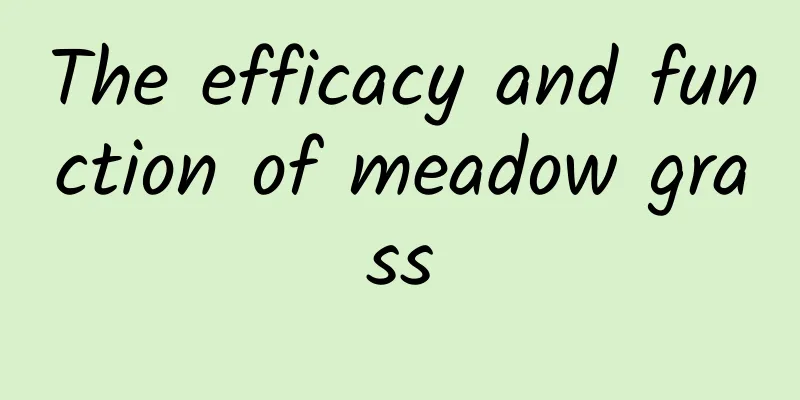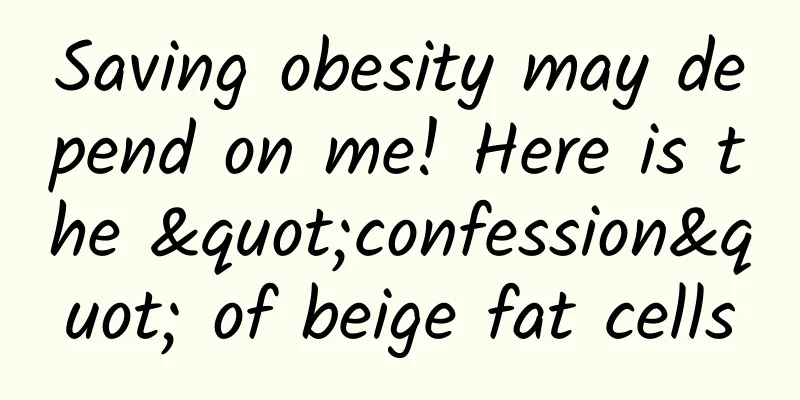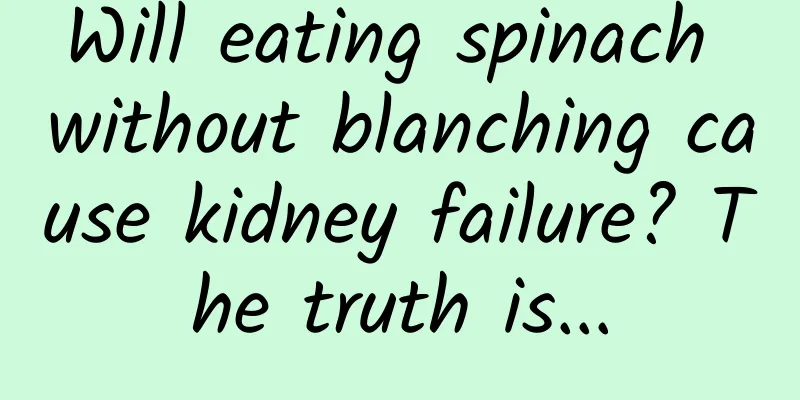The efficacy and function of meadow grass

|
Kentucky bluegrass is a traditional Chinese medicinal material. There are precedents of using kentucky bluegrass to treat diseases in ancient times, so we can eat it with confidence. Next, I will mainly introduce to you the effects of meadow fescue. [Source] Medicinal material source: The rhizome of the grass bluegrass of the Poaceae family. [Original form] Kentucky bluegrass is a perennial herb with prostrate rhizomes. The culm is smooth and 50-75cm high. The leaf sheaths are smooth or rough, without ridges, longer than the internodes, or the upper leaf sheaths are shorter than the internodes; the ligules are membranous, truncated at the tip, 1-2mm long; the leaf blades are linear, flat and involute, with a boat-shaped tip at the apex; smooth or slightly rough on the surface and edges, 6.5-18cm long, and those that are tangled can be more than 40cm long and 2-4mm wide. The panicle has 3-5 branches per node; the spikelets are oval, green, straw yellow when mature, 4-6mm long, and have 2-4 flowers. Glumes ovate or ovate-lanceolate, with 1-3 veins, main veins ridged and margins often pubescent, base with woolly or rarely glabrous, apex pointed to acuminate; first glume 2.5-3mm, second glume 3-4mm long, base with dense and long white wool; palea slightly shorter than lemma, with 2 ridges, ridges often ciliated or rough; anther 1.5-2mm long. The caryopsis is fusiform or linear, separated from the inner and outer seeds. Flowering and fruiting period is April to July. [Habitat distribution] Ecological environment: Grown on barren hillsides, roadsides and grasslands. [Chemical composition] The whole plant contains vitamin A and L-α-aminoadipic acid. [Pharmacological Action] Hypoglycemic effect: Subcutaneous injection of Kentucky bluegrass extract into normal hungry rabbits can significantly reduce blood sugar. The hypoglycemic effect is most obvious 3 hours after administration. The action characteristics are similar to those of insulin. When an extract equivalent to 40g of the raw drug is injected into a human, the glucose tolerance can be increased from 40g to 100g, and the effect of increasing glucose tolerance remains for several days after stopping the drug. After taking this medicine, the patient's urine sugar was significantly reduced, but there was no obvious effect on the excretion of ketone bodies in the urine. The extract also speeds up the glycolysis process in yeast, an effect similar to that of vitamins and probably independent of insulin. 【Functions and indications】Lowering blood sugar. Main diabetes [Usage and Dosage] For oral use: decoction, 10-15g. 【Excerpt】 Chinese Materia Medica The above is an introduction to the Chinese medicinal herb Kentucky bluegrass. For medicinal herbs that we don't understand, we should learn more about them so that we can make full use of them in our lives and not be at a loss. |
<<: The efficacy and function of Imperata needles
>>: The efficacy and function of the root of Digui grass
Recommend
The efficacy and function of elm mushroom
The world is full of wonders, and Chinese medicin...
The efficacy and function of mountain celery root
As people's living standards improve, they pa...
What are the taboos of drinking warm tonic Chinese medicine?
As we all know, many people now choose Western me...
FedEx: Entering the Indian cross-border e-commerce market
FedEx released its "Entering India's Cro...
If you have a cold or fever, you can test for 12 respiratory pathogens at home! Is “accurate self-testing” reliable?
At present, we are still in the high season of re...
Another huge step forward! OpenAI o1 is here. How does it solve complex problems?
Produced by: Science Popularization China Author:...
What are the benefits of maca wine
Maca wine has many benefits. What everyone is mos...
Why do you feel numb after squatting for a long time?
Why do my feet become numb after squatting in the...
The efficacy and function of papaya branches
There are so many medicinal herbs in the world, a...
Do you believe that I can find cheap substitutes for the things you want to buy on Singles’ Day in the garbage dump?
It’s Double Eleven again. Is your shopping cart f...
“Guide to Eating Out Safely” Series: Will your stomach agree to eating barbecue?
Although barbecue is delicious, it poses certain ...
Let me tell you about an exciting animal... (screaming the whole time)
Addendum 1: Many people may have heard of this me...
If a physical examination reveals nodules, polyps, cysts, and hyperplasia, does that mean cancer is coming?
"Nodules", "polyps", "cy...
Chasing dreams with stars: Remembering Yuan Longping丨"He has always been my guiding light"
Your browser does not support the video tag Edito...
What are the effects and side effects of Bupleurum?
Bupleurum is a very common Chinese medicinal mate...









